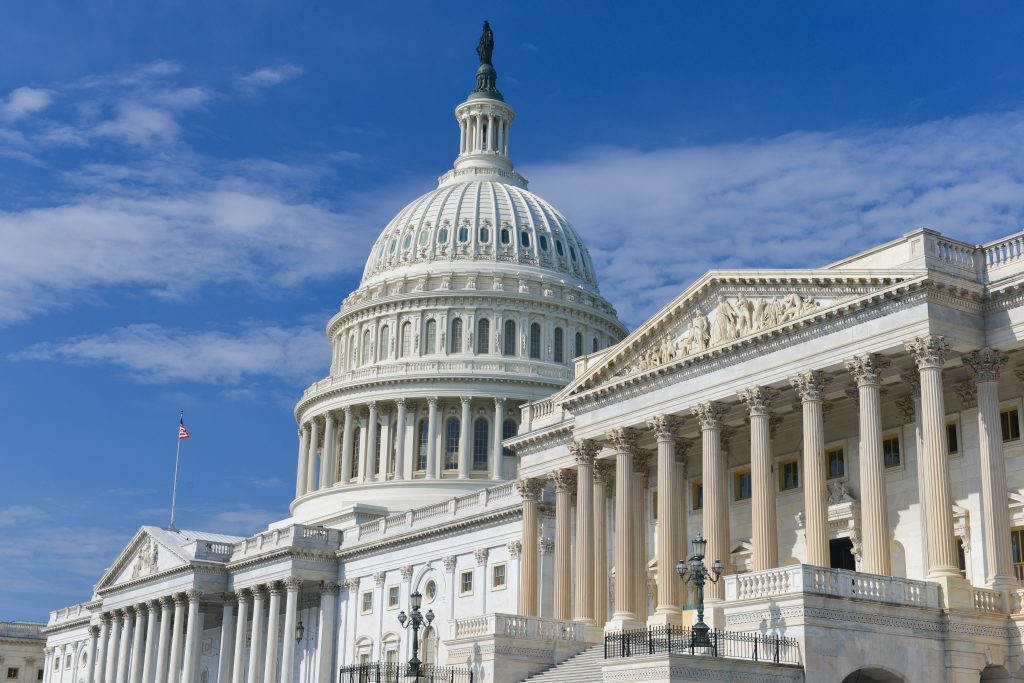Today the mainstream medical community weighed in on the mercury-in-fish debate, and — yet again — the activist case for “toxic tuna” looks to be in troubled waters. In a scientific study appearing in the prestigious medical journal The Lancet, Dr. Joseph Hibbeln and his team at the National Institutes of Health (NIH) found “no evidence to lend support to the warnings … that pregnant women should limit their seafood consumption.”Hibbeln’s research found that the federal government’s hyper-precautionary fish consumption advisories may have the perverse effect of scaring pregnant woman away from a food that provides unique neurological benefits to developing babies. As he told The Times of London:
We have found that when women had low levels of seafood consumption, the outcome is exactly the opposite of what was assumed by the United States advisory. Unfortunately, the advice appears to have had the unintended consequence of causing harm in a specific developmental domain — verbal development — where protection was intended. We recorded no evidence to lend support to the warnings of the US advisory that pregnant women should limit their seafood consumption.
This recent bombshell comes on the heels of two other sensible fish studies, from the Harvard School of Public Health and the federal government’s Institute of Medicine.As we’re telling the media today, the days of activist-driven mercury scare campaigns may (finally) be numbered. And it just might be time for the Environmental Protection Agency to re-evaluate its needlessly panic-inducing “Reference Dose” for mercury.Click here for the full text of the NIH study (PDF version here) and here for the abstract.




